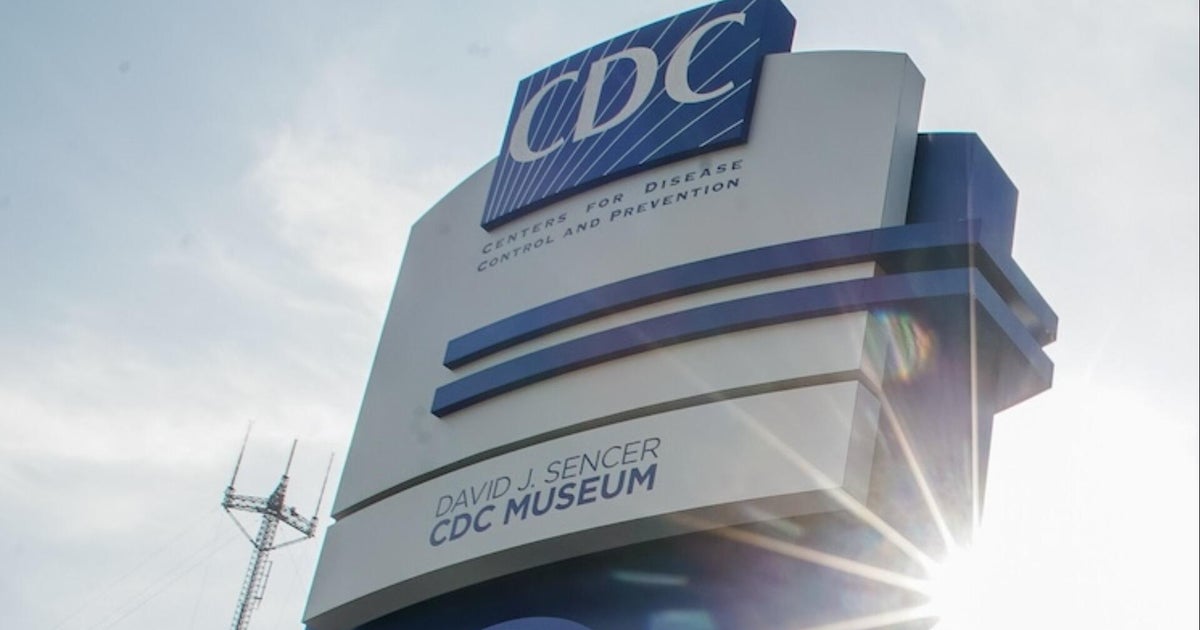 Medigap offers the type of flexibility that some seniors may find is worth the higher price tag.
Designer491/Getty Images
Medigap offers the type of flexibility that some seniors may find is worth the higher price tag.
Designer491/Getty Images
As Medicare open enrollment kicks into high gear, millions of older adults are taking a fresh look at their health insurance options. For many, that means deciding between sticking with or switching to either a Medicare Advantage plan or a Medicare supplemental insurance policy, also known as Medigap. It's a choice that can shape not just monthly budgets but also how easily seniors can access the care they need.
At first glance, Medicare Advantage plans may seem like the obvious choice. Many offer low or $0 monthly premiums and bundle extra perks like dental, vision and hearing coverage. For retirees living on fixed incomes, those features can be appealing. But despite the popularity of Medicare Advantage — 54% of all Medicare beneficiaries are enrolled in these plans — a significant share of seniors continue to rely on Medigap coverage instead.
So what drives some seniors to choose Medigap coverage over Medicare Advantage plans? That answer typically comes down to what people value in their healthcare coverage. Below, we'll break down what to consider.
Start comparing your Medicare supplemental coverage options online now.
Why do some seniors choose Medigap over Medicare Advantage?
Medigap plans work alongside Original Medicare, covering many of the out-of-pocket costs that traditional Medicare doesn't, like deductibles, coinsurance and copayments. Medicare Advantage plans, on the other hand, replace Original Medicare with a private insurance plan that often comes with its own rules, networks and cost structures. Here's more on why many older adults opt for Medicare supplemental coverage over Medicare Advantage plans:
Access to a wider network of doctors and hospitals
One of the main reasons seniors opt for Medicare supplemental coverage is the flexibility to see any doctor or specialist who accepts Medicare, anywhere in the nation. There are no restrictive provider networks or referral requirements. For retirees who travel frequently, live in multiple states or simply want to keep their existing doctors, this nationwide access can be a major advantage.
Find out how Medigap can help fill in your Original Medicare coverage gaps today.
More predictable costs over time
While Medigap plans typically have higher monthly premiums than Medicare Advantage plans, they tend to offer more stable and predictable out-of-pocket expenses. Depending on the plan type, like Plan G or Plan N, Medigap may cover nearly all of the costs left over after Medicare pays its share. For seniors managing chronic conditions or anticipating regular medical visits, that type of coverage predictability can be invaluable.
Fewer administrative hurdles
Medicare Advantage plans often require beneficiaries to obtain prior authorizations before they can be approved for certain treatments or services, and these hurdles can sometimes lead to delays or denials for otherwise necessary medical care. Medigap paired with Original Medicare typically doesn't have these barriers, though, which makes it easier to access care when you need it.
Stable benefits year after year
While Medicare Advantage plans can change their provider networks, cost-sharing rules and benefits annually, Medicare supplemental plans are standardized and don't change once you enroll. That type of stability can make long-term financial planning simpler and reduce the risk of unexpected coverage shifts.
How to decide between Medicare supplemental coverage and Medicare Advantage
Both Medicare Advantage and Medigap have clear benefits and tradeoffs and the right choice often depends on your health needs, financial situation and lifestyle. Here's what to weigh as you're deciding which coverage option makes the most sense for your needs:
Consider your healthcare usage
If you visit doctors frequently, need specialist care or expect ongoing medical costs, Medigap's more comprehensive coverage may make sense. On the other hand, if you're relatively healthy and want to minimize monthly premiums, a Medicare Advantage plan could be more cost-effective.
Think about where you receive care
Seniors who split time between states or travel often may benefit more from Medigap's nationwide coverage. But if your care is primarily local and your providers are in-network, Medicare Advantage could work well.
Weigh long-term costs carefully
While Medigap premiums can rise with age, Medicare Advantage plans can also change cost structures each year. Some seniors start with Advantage plans for the lower premiums and switch to Medigap later. However, in many states, switching to Medigap after your initial enrollment period may require medical underwriting, and you could be denied coverage or face higher premiums if your health has changed.
Factor in extra benefits
Medicare Advantage plans often offer extras like dental, vision, fitness memberships or transportation services. If these are important to you, they might tilt the balance toward Medicare Advantage. Medigap focuses primarily on covering medical costs rather than additional perks.
The bottom line
When choosing between Medicare Advantage and Medigap, there's no universal answer for retirees. Medigap appeals to many seniors because of its flexibility, predictable costs and stable coverage, while Medicare Advantage can be more affordable for those with limited healthcare needs or who value additional benefits.
When weighing your options during open enrollment, be sure to assess your health, budget and lifestyle carefully. By understanding the potential benefits and downsides of each option, you can select the coverage that best fits your unique situation and ensures you have the care you need at a cost you can manage.
Edited by Matt Richardson


















































